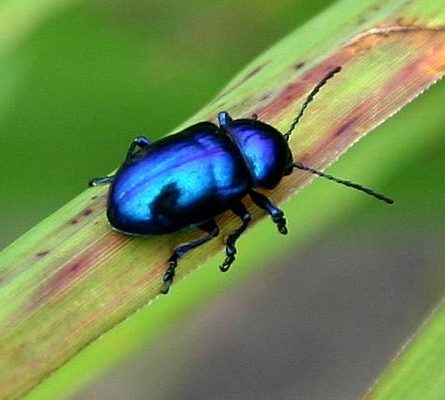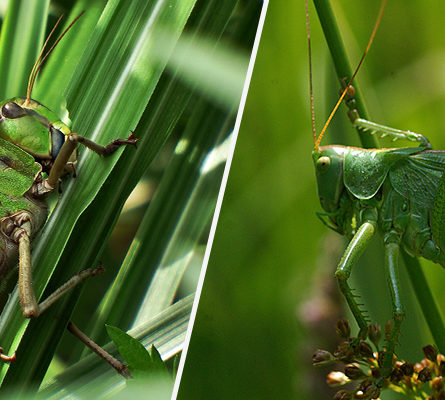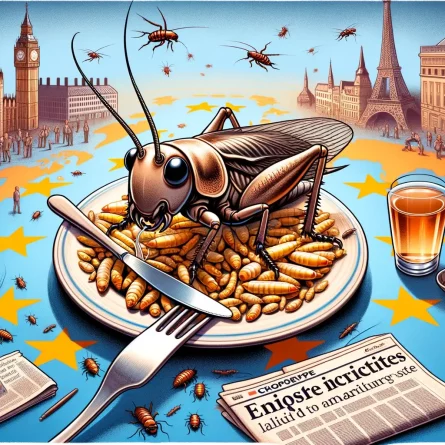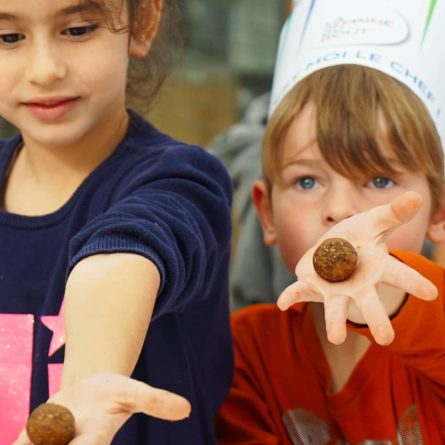Edible insects are not only delicious and nutritious, it is a sustainable food that could be an answer for improving our global food system. Meat is often criticized for its ecological impact. Eating insects as a protein source could be a way more sustainable way to feed the planet than the current way.
At JIMINI’S, we have been promoting edible insects for more than 5 years. Our mission is to open the mind of Westerners about the nutritional and environmental benefits of eating insects. To do so, we have been developing a large range of food products made with insects. From whole seasoned crickets and grasshoppers, insects to cook and protein bars enriched with insect protein, there are many ways to eat insects.
But what are the environmental benefits of edible insects?
Eating insects for lowering our carbon footprint
18% of all CO2 emitted by human activity comes from animal agriculture. Breeding animal for food is the second biggest source of CO2. This huge impact is the sum of all greenhouse gases produced at each step. Energy is required to produce their feed, to transport them and to transform them. So, what about edible insects?
For comparing gas emissions, we calculate how many C02 is rejected in the environment by kg of body mass.
So, the production of 100 kg of crickets emits 9g of CO2.
On the other hand, when 100kg of pork is produced, its 2800g of CO2 that is released into the environment.
That’s not all when we cut down trees and vegetation to establish these farms, we are cutting down trees that could absorb atmospheric CO2. This increase the detrimental impact of animal farming.
With a growing population and an increasing need for animal protein, this problem will grow. That’s the reason why the FAO proposed farming edible insects as a sustainable solution for producing protein.
Farming insects limits water consumption
For producing beef, water is needed for growing its feed, to make the animal drink, clean the structure and process the meat. In the end, 1 kg of beef would have required 16000 litres.
On the other hand, the production of insects as food needs very few water.
Insects grow fast, they reproduce quickly and are able to live with very few external water.
As they need less feed, less water is required to grow this feed.
In the end, producing 1kg of crickets require less than 100L of water!
As a final result: eating insects preserves the environment by lowering our indirect water consumption.
Edible insects require few feed to grow
For producing 1kg of meat, a beef need to eat 8kg of feed. For producing the same amount of insects, they will have eaten only 2kg.
More over, insects are able to eat a large variety of feed and they can be fed on left over such as bran and vegetables scraps.
So farming and eating insects has some environmental benefits by reducing our food waste.
As Arnold Van Huis, entomologist and edible insects expert, ” There will be a day when a Big Mac will cost 120 euros and a Bug Mac 12 euros, when the will be more people who eat insects than people who eat meat.






Be the first to post a comment